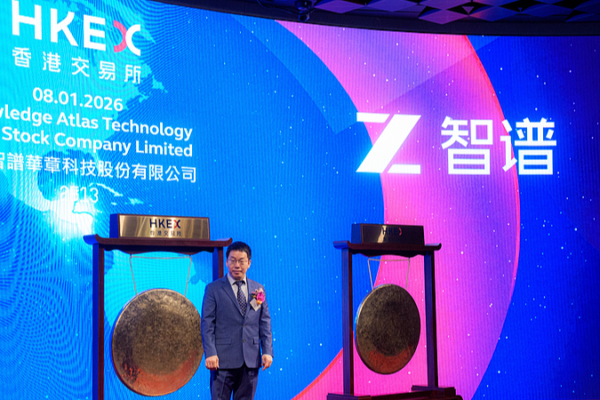
China’s AI Power Surge: Coordinated Breakthroughs Redefine Global Tech Landscape
China’s AI sector showcases coordinated breakthroughs in 2026, with Zhipu’s GLM-5 and ByteDance’s Seedance 2.0 redefining global tech competition and investor confidence.

Palestinian PM Demands Global Action to Enforce Gaza Ceasefire Terms
Palestinian PM Mohammad Mustafa calls for increased international pressure to enforce Gaza ceasefire terms, as UN condemns Israeli settlement expansion in the West Bank.

Closed-Door Geneva Talks: Russia, U.S., Ukraine Seek Ukraine Crisis Resolution
Russia, U.S., and Ukraine begin closed-door Geneva talks today addressing military, political, and humanitarian aspects of the ongoing crisis, with Asian markets monitoring potential impacts.

Johns Hopkins Celebrates Chinese New Year with Global Flair
Johns Hopkins University’s Lunar New Year gala fosters cultural exchange through traditional performances and modern tech, uniting students worldwide.

3 Dead, 3 Injured in Rhode Island Arena Shooting
Three killed, three critically injured in a shooting at a Rhode Island arena on February 16, 2026. Suspect died from self-inflicted wound.

San Francisco’s Lunar New Year Flower Market Blooms with Festive Spirit
San Francisco’s vibrant Lunar New Year flower market brings festive traditions to the U.S., celebrating Asian cultural heritage in 2026.
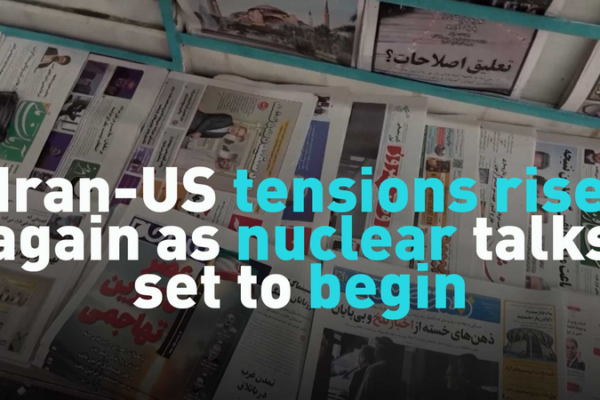
Iran-US Tensions Escalate as Nuclear Talks Resume in Geneva
As Iran and the US resume nuclear talks in Geneva, military posturing in the Strait of Hormuz raises fears of regional escalation. Latest updates on the high-stakes negotiations.

Record Port Volumes Mask Tariff Strain on US Supply Chains in 2026
Despite record 2025 container volumes at major US ports, experts warn tariffs may disrupt supply chains and raise consumer prices in 2026.
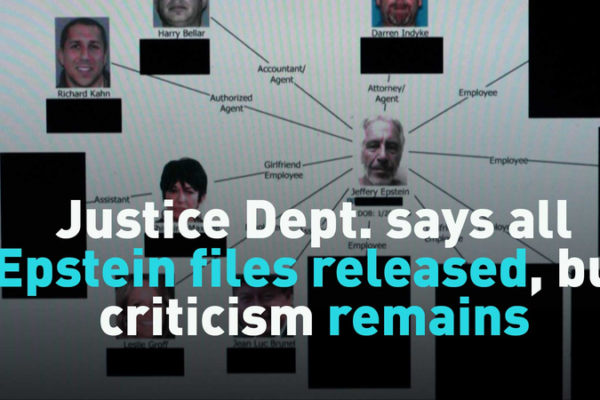
DOJ Declares Full Epstein Document Release Amid Mounting Scrutiny
The DOJ states all Epstein-related records have been released, but critics allege a cover-up as the financier’s influence network continues to unravel.

Horse Therapy Gains Momentum Ahead of Lunar New Year 2026
Equine-assisted therapy emerges as a key rehabilitation tool globally, gaining cultural relevance as Asia approaches the Year of the Horse celebrations.
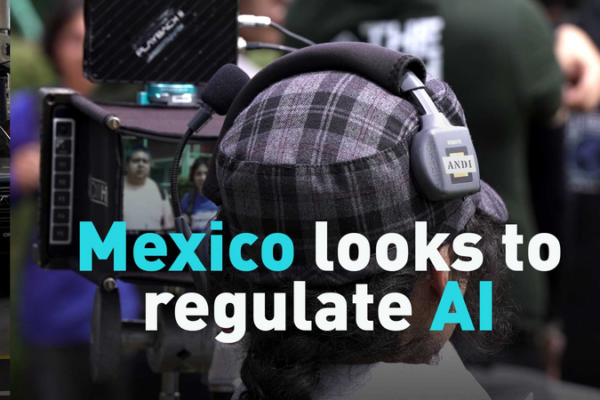
Mexico Moves to Regulate AI Development in 2026
Mexico takes steps in 2026 to establish AI regulations, balancing innovation with ethical frameworks as global discussions intensify.

Chinese Firms Deepen Investments in Brazil’s Economy
Chinese firms are increasing direct investments in Brazil, focusing on electric vehicles, infrastructure, and local operations, signaling a strategic shift in economic ties.

State Grid Brazil Bridges Cultures with Spring Festival and Carnival Fusion
State Grid Brazil merges Chinese New Year and Carnival traditions, fostering cross-cultural collaboration in energy sector during 2026’s synchronized celebrations.

China’s Opera Fusion Celebrates Heritage and Modernity in 2026
Seven Chinese opera traditions unite in a modern musical tribute celebrating China’s cultural heritage and contemporary achievements in 2026.

2026 Spring Festival Gala Bridges Tradition and Tech Innovation
China’s 2026 Spring Festival Gala wows global audiences with cultural performances and breakthrough tech integration, reinforcing Lunar New Year traditions while showcasing innovation.

Ancient Huxuan Dance Revived for 2026 Spring Festival Celebration
CGTN and Honor of Kings revive ancient Huxuan dance through high-tech Spring Festival production, blending Tang Dynasty artistry with modern innovation.

‘The Horse Whisperers’ Reveals Timeless Bond Between Chinese Herders and Steeds
A new documentary explores the ancient bond between Inner Mongolian herders and horses, revealing cultural values resonating with Lunar New Year themes of continuity and harmony.
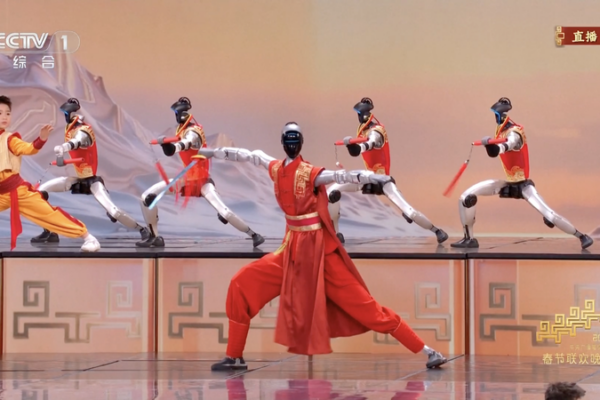
Humanoid Robots and Kung Fu Masters Dazzle at 2026 Spring Festival Gala
Humanoid robots and kung fu artists delivered a groundbreaking performance at China’s 2026 Spring Festival Gala, blending tradition with cutting-edge technology.

China’s Spring Festival 2026 Merges Tradition with Tech Innovations
China’s 2026 Spring Festival harmonizes ancient traditions with AI, VR, and holographic tech, creating new cultural experiences while preserving symbolic rituals.

Iran, IAEA Hold Technical Talks Ahead of Geneva Nuclear Negotiations
Iranian and IAEA officials hold technical discussions in Geneva ahead of crucial nuclear negotiations with the U.S., aiming for a fair agreement.













